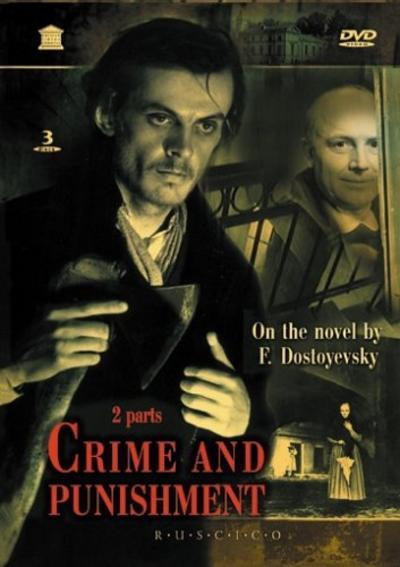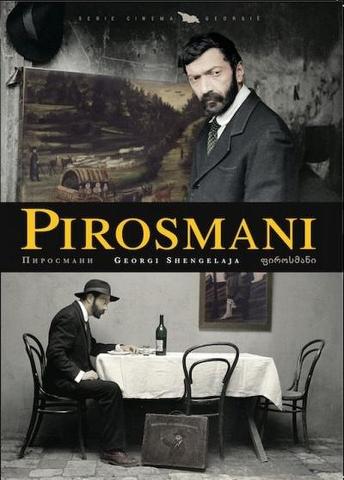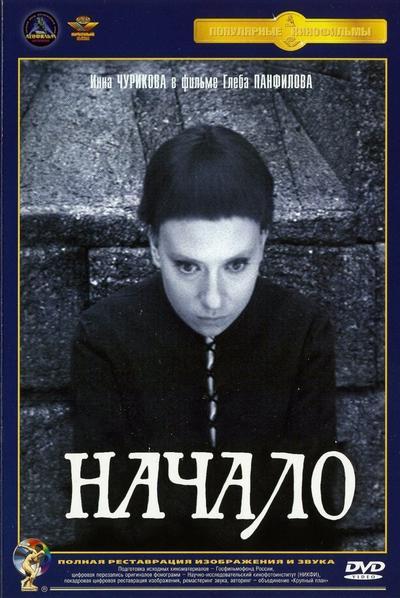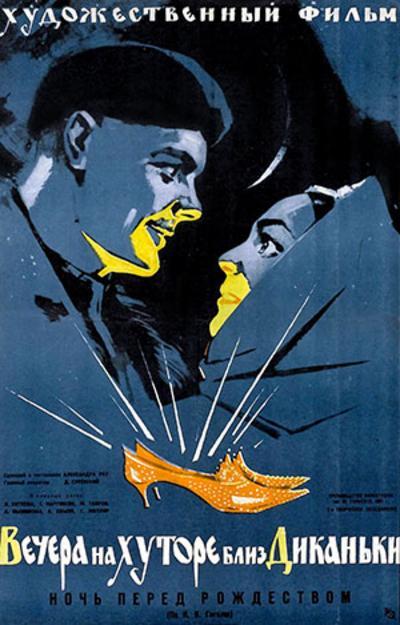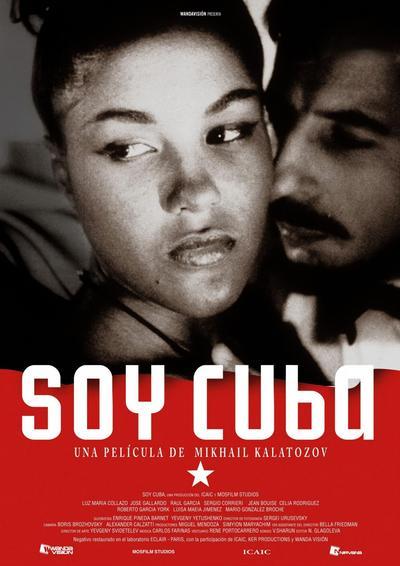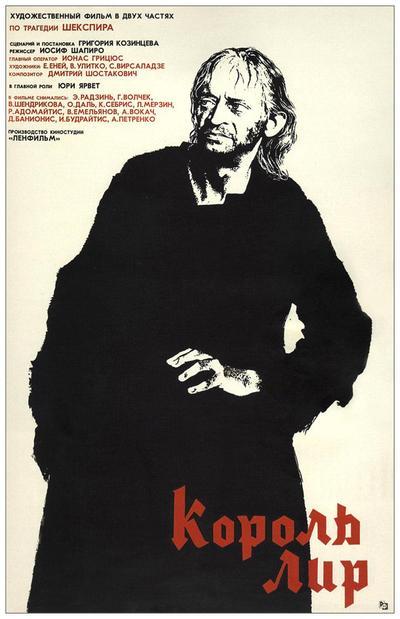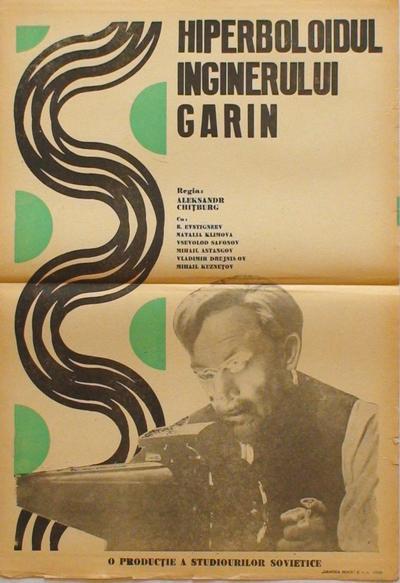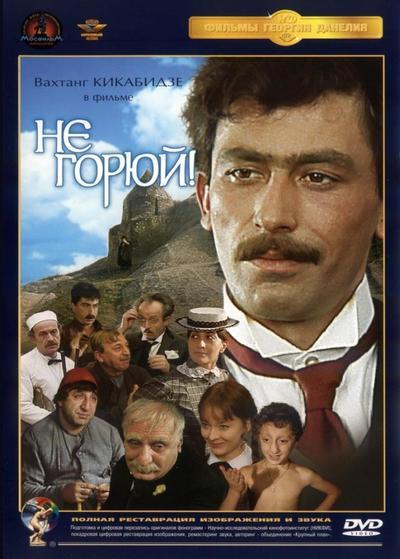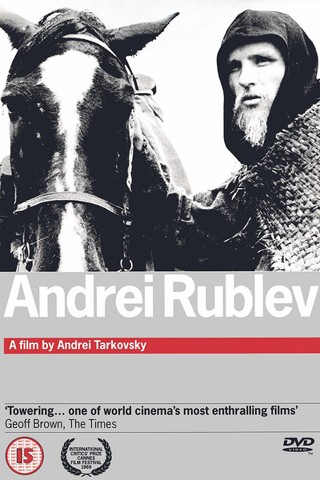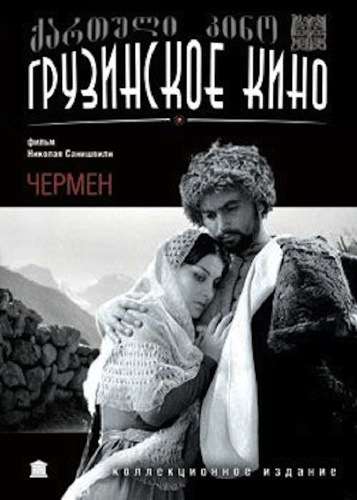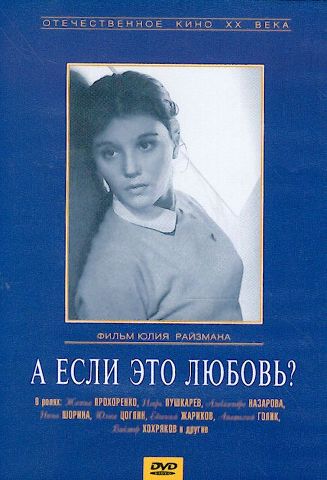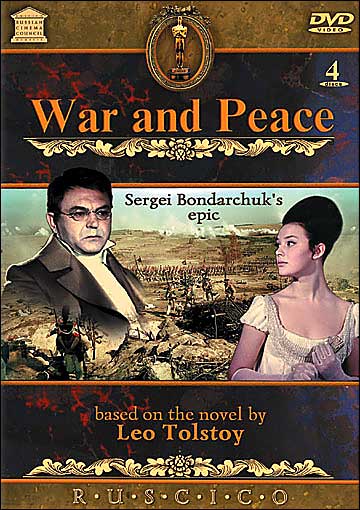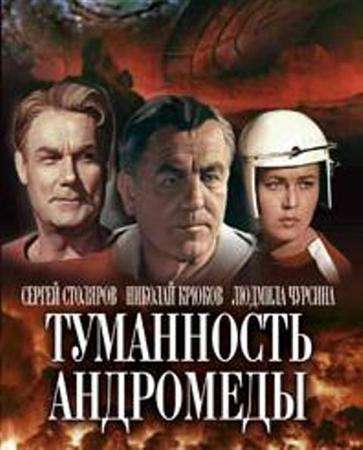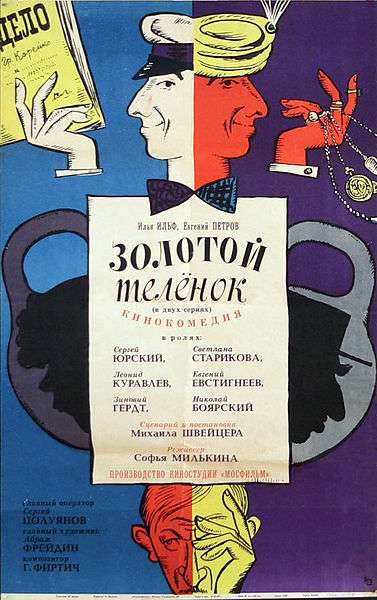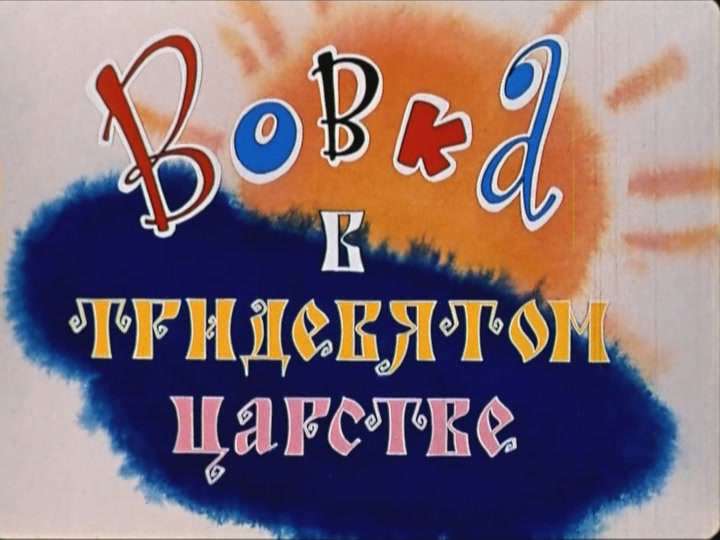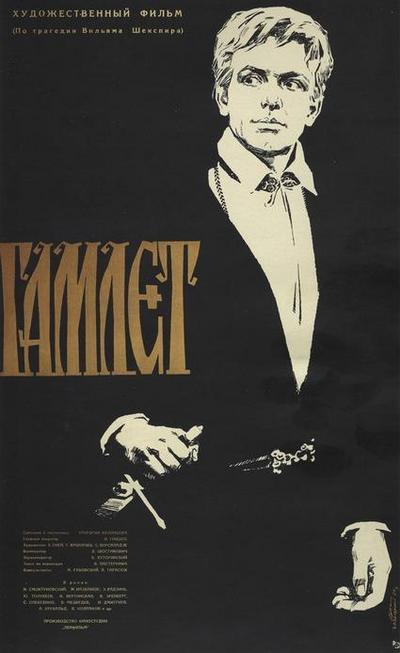
Synopsis:
A screen adaptation of William Shakespeare’s tragedy.
The somber Elsinore Castle that keeps secrets of many a crime is looming over the rocky coastline. Prince Hamlet once again puts the question: “To be, or not to be?” He is the first thinker in the line of warriors, a poet and a philosopher, a character so close to future generations. In the utterly corrupted kingdom, a lone hero is bound to take up arms to avenge his father’s death. This film became a champion among Lenfilm Studio’s prize-winning motion pictures – 23 awards in four years. The musical score was written by the great Russian composer Dmitry Shostakovich.
